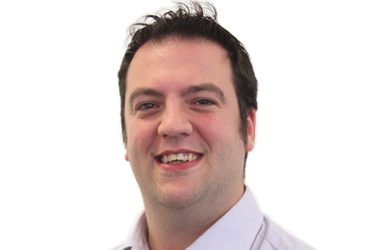Michael Gove is often seen – as he admits himself – as a fierce opponent of teachers. However in this speech, which began by describing how he gave thanks every day for the great teachers in schools, and continued to describe it as the ‘noblest profession’, he was clearly trying to show that he was on the side of teachers. This was Michael Gove as champion and defender of classroom teachers, who want the best for their children, against the ideologues found in the trade union leadership and ‘progressive’ academic institutions. But he did not limit himself to defending against attacks from the left; he also dismissed those on the right who say genetics determine children’s future and teachers can’t change anything. Anyone who suggests that teachers are dispirited, can’t actually make a difference, aren’t essential to learning and can’t be trusted, was in the firing line.
However the main thrust of his argument was clearly directed against not just the leadership of the NUT and NASUWT, ‘unhesitatingly condemning’ their strikes and their claims that teachers’ morale was at an all time low, but also a wider campaign against the ‘doyennes of the educational establishment who have conspired against teachers’. Quoting from Lyndon B Johnson, Gramsci and Rousseau, he argued that ‘progressive education is regressive policy’, which denies poorer children what children from wealthy backgrounds have always received at home, a sound basis of knowledge which allows them to learn more, more easily.
Contrary to some of the speculation in the papers this morning, there was no concrete announcement on an expansion of bursaries for teacher training in shortage subjects, nor any changes to the new School Direct system of teacher recruitment (originally proposed by Policy Exchange) – indeed, the latter was vigorously defended against those in ITT who have a vested interest in maintaining a university monopoly over teacher training. Gove also announced that Teaching Schools will have their funding extended for a further year, and that the caps on teacher training places for maths and physics teachers will be removed – all of which, though small, will go some way to supporting a continued inflow of high quality teachers into the profession.
But perhaps the ‘golden thread’ which links all of this approach together was not just the importance of teaching, as Gove stated, but instead the way in which – through social media, and the opportunities for engagement and continuous development from within the profession – the teaching force is becoming increasingly less homogenous, and more receptive to engagement on his terms. We know that, for example, union turnout is low for both leadership ballots and strike action (although membership remains almost universal, as an insurance mechanism). And large scale survey evidence – particularly amongst the younger members of the profession – often acts as a stark contrast to the long held positions of the ‘education establishment’ so attacked by Gove. It may be that, if he is successful at his aim of talking over the heads of the self proclaimed intermediaries, he finds that he needn’t expend so much effort attacking future rounds of union leadership called strikes and some findings of ‘progressive’ academics.

